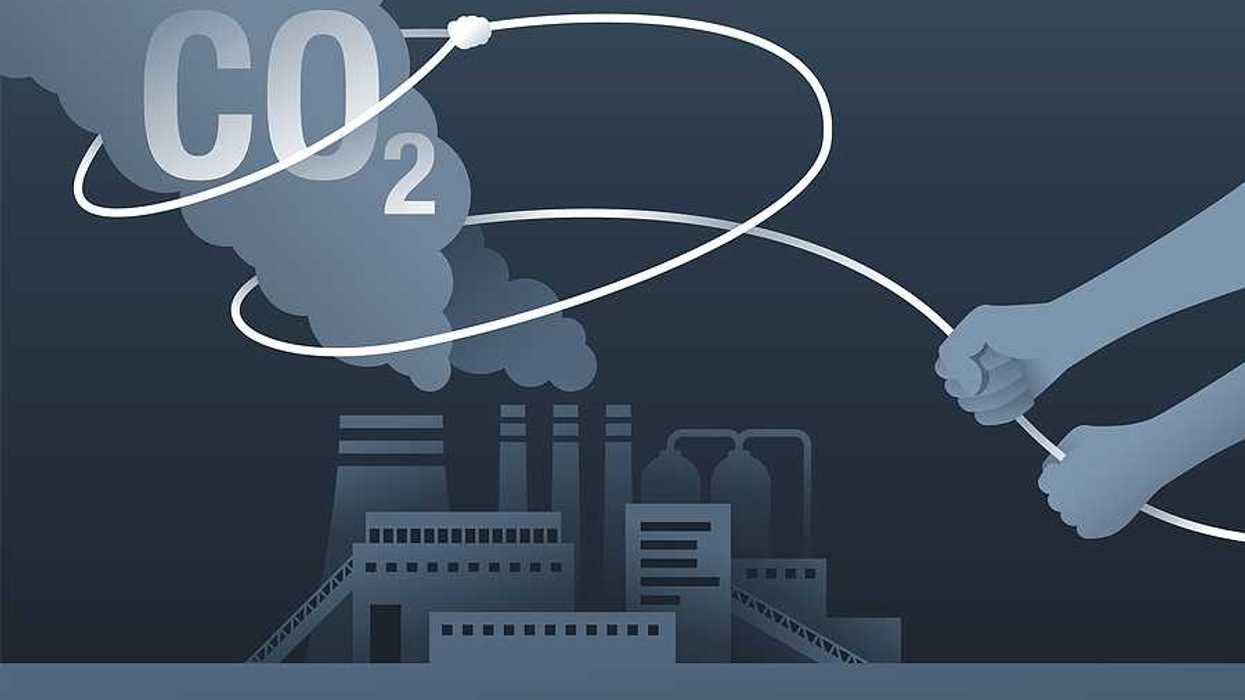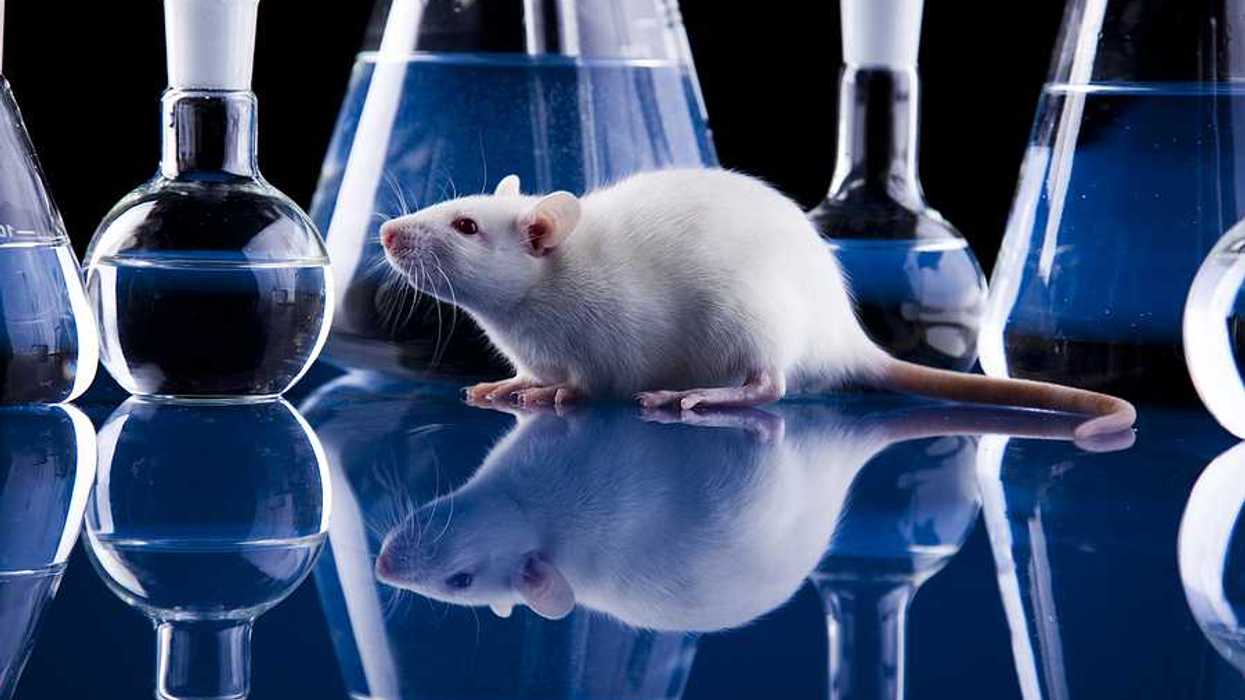Wastewater treatment plants across 18 states are discharging high levels of PFAS into rivers and fields, according to a new national study.
Anika Jane Beamer reports for Inside Climate News.
In short:
- The Waterkeeper Alliance found elevated PFAS levels downstream of 22 wastewater treatment plants and on 80% of farmland treated with biosolids, a common fertilizer made from sewage sludge.
- None of the tested facilities had technology to remove PFAS, and most processed industrial wastewater with no limits on PFAS discharge.
- Despite the EPA's 2024 limits on six PFAS compounds in drinking water, many widely detected PFAS remain unregulated, and enforcement is now being rolled back under the Trump administration.
Key quote:
“These wastewater treatment plants are not designed to remove PFAS, and they face significant challenges managing this pollution, while accountability from industrial source polluters remains limited or nonexistent.”
— Marc Yaggi, CEO of Waterkeeper Alliance
Why this matters:
PFAS exposure has been linked to serious health problems, including cancers, immune system suppression, reproductive issues, and hormone disruption. Wastewater plants are not equipped to filter them out, which means industrial runoff continues to contaminate rivers, farmland, and drinking water supplies. With thousands of PFAS variants in circulation and only a handful regulated, unmonitored pollution poses growing risks for both ecosystems and public health.
Related: The silent threat beneath our feet: How deregulation fuels the spread of forever chemicals














